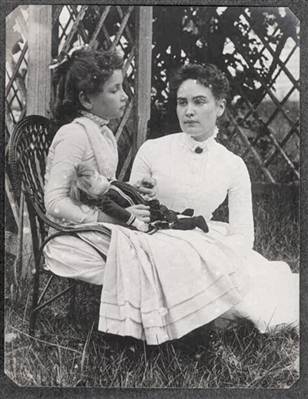I like reading when I was young, Jackie and Joan Collins books; I didn't think they were going into the literary canon, but there characters in them I worried over. Same with Judith Krantz. Barbara Pym has made a career of birthing memorable characters, and Jane Eyre, Ann Karenina, and Jo March have transcended the pages of their own novel homes. So has Nora from A Dolls House, so have any number of Shakespeare heroes and heroines. Comic heroes do the same to us, hence passionate discussions over who is better, Superman or Batman. Ahab, Ishmael, Lord Jim, Billly Budd, Tess, we lvoe and care for them. Even our animal protagonists get to us, Bambi, Dumbo, Beautiful Joe, Black Beauty, Lassie, Stellaluna, on and on.
Plots are nice, nonfiction passions make those books go round, but in the world of fiction, we have to care, and the character needn't be the most moral, law abiding creature in the book. Like the real people in our lives, fictional folk have to spark an emotion; we don't care how they've been created via pen and paper, but we care about them and what happens to them. That is what drives the story.
